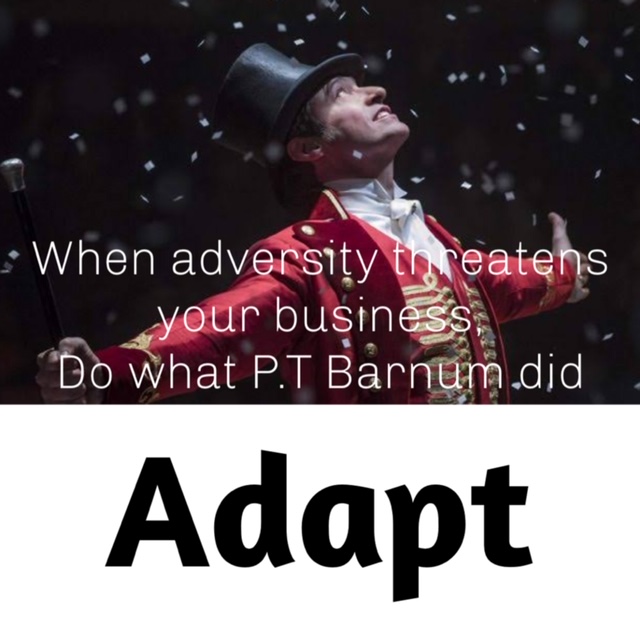Strengths and Weaknesses of Gen Z in the Workplace
As Generation Z (born approximately between 1997 and 2012) begins to enter the workforce in larger numbers, employers are increasingly recognising both the strengths and challenges this generation brings to the workplace. Having grown up in a digital age marked by rapid technological advancements, global connectivity, and social change, Gen Z’s work habits, values, and skills are shaped by unique factors that differentiate them from previous generations. Understanding these attributes is key to harnessing their potential and ensuring a successful integration into teams and organisations.
Strengths of Gen Z in the Workplace
Technologically Savvy One of the most defining characteristics of Gen Z is their comfort with technology. Unlike previous generations that had to adapt to digital advancements, Gen Z has grown up immersed in the digital world. They are often highly proficient with a wide range of technologies, from social media platforms to productivity tools and advanced software. This technological fluency makes them quick to adapt to new tools and platforms, which can lead to increased efficiency and innovation within the workplace. Whilst they are comfortable with technology, most of the technology has just ‘worked’ for them so their skills in fixing I.T issues or navigating problems may not be as high as expected
Strong Communication Skills While Gen Z may be more accustomed to digital communication methods (texts, instant messaging, social media), they are also adept at navigating various communication channels, including video calls, emails, and collaborative workspaces. This generation is accustomed to concise, clear communication and often excels in environments where digital collaboration tools are integrated. Their ability to multitask across multiple platforms and channels also enables them to manage complex communications and stay on top of tasks.
Desire for Purpose and Impact Gen Z is known for being purpose-driven and values a strong sense of meaning in their work. They tend to prioritise organisations that align with their personal values, especially when it comes to social, environmental, and ethical issues. This can be a powerful asset for employers who are focused on creating a positive social impact, as Gen Z employees often bring a passion for causes like sustainability, diversity, and inclusion. Their desire for meaningful work can drive innovation and help organisations build stronger connections with socially conscious consumers.
Adaptability and Agility Having grown up in a world of constant change—from economic recessions to political shifts and global crises—Gen Z is highly adaptable. They are used to navigating uncertainty and are often comfortable with change and learning new skills. This flexibility makes them well-suited to dynamic, fast-paced work environments, especially those that require employees to take on multiple roles or adapt to shifting market conditions.
Independent and Entrepreneurial Mindset Many Gen Zers possess a strong entrepreneurial spirit. Having grown up with access to digital tools and platforms that make it easier to start businesses, create content, or develop new ideas, they are often highly self-reliant and motivated. In the workplace, this entrepreneurial mindset can translate to a strong sense of initiative and a desire to take on challenging projects without always needing supervision. They may also be more comfortable with freelance or gig work, which reflects their independent approach to career-building.
- They have a keen eye for design. Having grown up in a digitally, image-focussed world of social media, they are adept at quickly identifying design flaws, improving images, using AI and cameras. Their phone is an extension of their life. This can be handy when creating content for social media and appealing to their own generation market.
Weaknesses of Gen Z in the Workplace
Limited Face-to-Face Communication Skills While Gen Z excels in digital communication, they may struggle with traditional face-to-face interactions, especially in high-pressure or conflict-resolution situations. They may find in-person meetings or public speaking intimidating, and some have expressed difficulty in building strong personal connections in the workplace. In environments where face-to-face interaction is critical, this could potentially create barriers to collaboration or teamwork. This generation has not grown up with telephone conversations the way previous generations. Many have an aversion to telephone calls that require a different method of communication. So, picking up the phone to talk to a client may not be their first (or second) preference.
Impatience and Desire for Instant Gratification Growing up in an era of on-demand content and fast-paced digital interactions, many Gen Z employees are accustomed to quick results and instant feedback. This can lead to impatience in the workplace, especially when it comes to projects that require long-term effort or delayed gratification. Gen Z may struggle with processes or workflows that don’t yield immediate results, and may need guidance in managing long-term projects or understanding the value of gradual, incremental progress.
High Expectations for Work-Life Balance Gen Z is highly attuned to the need for work-life balance and often expects flexibility in their work schedules. While this can be a strength in terms of improving employee well-being and reducing burnout, it can also pose a challenge for employers in more traditional or rigid work environments. Gen Z’s strong preference for remote work, flexible hours, and a healthy work-life balance may clash with companies that have more conventional work structures, leading to potential tension if expectations are not aligned.
Fear of Missing Out (FOMO) and Job Hopping Many Gen Z employees value career growth and professional development but may also have a tendency to job-hop if they feel their current position does not offer enough opportunities for advancement or excitement. This “fear of missing out” (FOMO) can lead to high turnover rates, which can be costly and disruptive for employers. While Gen Z is willing to leave a job that doesn’t align with their personal or professional goals, this can be a double-edged sword for organisations that need to build long-term talent pipelines.
Mental Health and Stress Management Mental health concerns among Gen Z have been widely documented, with this generation reporting higher levels of stress, anxiety, and depression compared to previous generations. While employers who offer mental health support can create a positive environment for Gen Z, the high levels of stress and burnout among some members of the generation may require additional attention. Managing work-related stress and providing resources for coping with pressure will be critical for maintaining the well-being and productivity of Gen Z employees.
Conclusion
Gen Z brings a fresh perspective to the workplace, characterised by technological prowess, a strong sense of purpose, and a desire for flexibility and growth. However, there are also challenges to consider, such as their reliance on digital communication, impatience with traditional work structures, and mental health concerns. By understanding these strengths and weaknesses, employers can better support Gen Z employees, helping them thrive in the workplace while also harnessing their unique qualities to drive innovation, productivity, and organisational success.
To effectively integrate Gen Z into the workforce, companies will need to adapt their workplace cultures and management strategies, offering a balance of technological integration, flexible work arrangements, meaningful work, and mental health support. When managed thoughtfully, the contributions of Gen Z can become a powerful force for positive change and growth in the modern workplace.







